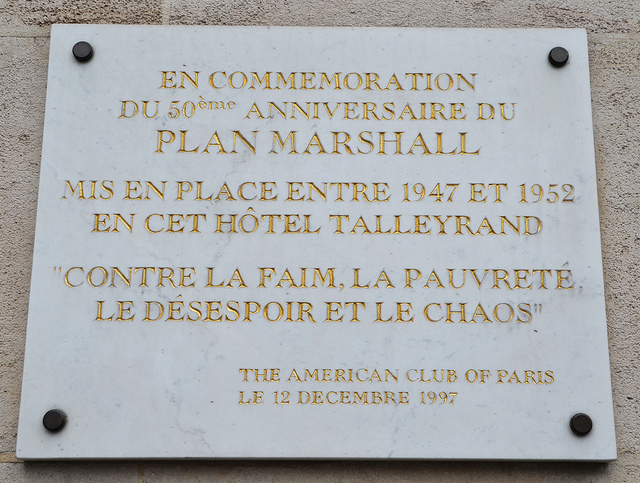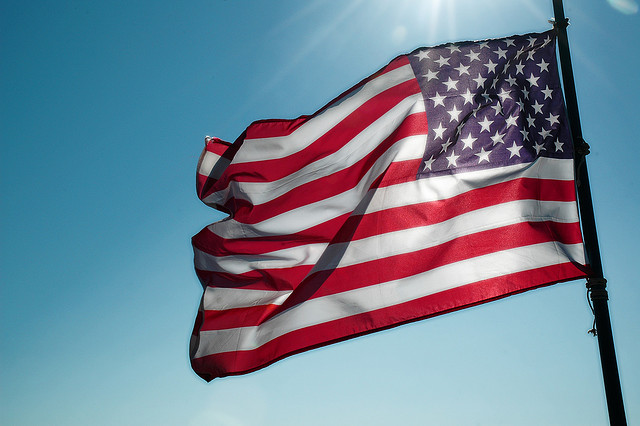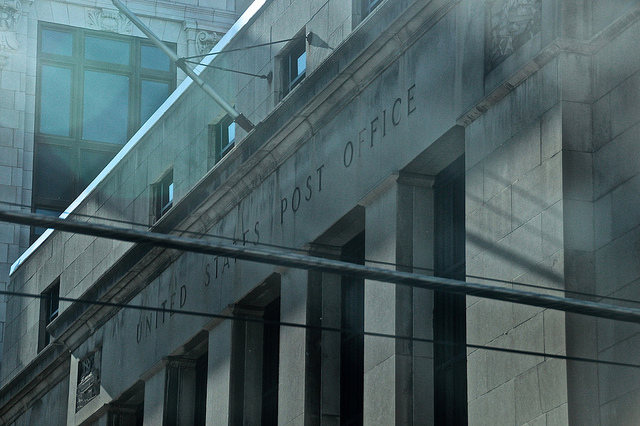Trade and Commerce: the Pillars of Peace and Prosperity
The Pax Britannica was the force which kept the 19th century world in relative peace and order. When an emerging power like Napoleonic France or Czarist Russia rose to challenge the order, they lost because their tradition of big government autocracy could not compete with the skills and the spirit of private enterprise that was Great Britain. The world as it exists today is largely a product of the British dominance and cultural influence of the past centuries.
When the British Empire did finally vanish during the two decades following the Second World War it left many legacies,including widespread use of the English language, Protestant religion and work ethic, economic globalization, modern precepts of law and order, and representative democracy. In these respects, traces of the Pax Britannica are still very much in evident today.
This brings us to the last peace enforcing global power, the United States of America. In geopolitics, the post-World War II period is known as the Pax Americana. America was a natural successor to the British Empire. Even at the turn of the 20th century, when London was still the world’s financial capital, New York was quickly catching up (it would replace the British capital after the end of WWI). Facing very serious economic problems and falling into debtor status, Great Britain tried to place some of the costs on its colonies. As early as 1920, the US could have grabbed the reigns of managing the world economy through international organizations as it did after WWII, but it opted for isolation that contributed to the Great Depression.
As the US emerged as a superpower after World War II, isolationism was no longer an option. America may very well have been a reluctant global power, but it had accomplished its role in flair. The Pax Americana became a powerful, prosperous, and influential force which determined the global balance of power at the end of World War II. It tackled not only geopolitical issues, but also key issues about access to crude oil, minerals, and markets to sell the surplus of products the US was producing, as it industrialized very rapidly.
The Marshall Plan, the Bretton Wood System, the establishment of the IMF, the IBRD/World Bank, and the GATT/WTO all served to spread American prosperity and the market economy around the world. As a benevolent power, the US had financed the restoration of its former foes, Germany and Japan, and had made them into economic powerhouses.
During the Cold War, the US set out to prove to the entire world that capitalism under an elected representative system is superior because it promotes individual freedom, prosperity, and social justice at the same time. The difference in living standards between West and East Germany, South and North Korea, Taiwan and China had become blatantly obvious. It is no wonder that China had decided to embrace capitalism after realizing the fatal flaws of the command socialist economy. The victory over the Soviet bloc in the Cold War was achieved not through guns, but through an overwhelming superiority of the free market system over the grossly inefficient and militarized Communist economies.
Thanks to the overwhelming victory of the market economy the world has never been as prosperous as it is today. The emerging markets, the BRICS, South and South-East Asia, parts of Latin America and even sub-Saharan Africa have all benefitted from the Pax Americana, and have experienced the rapidly rising standards of living and unprecedented economic growth.
While uncertainties remain, the truth is that the world has never been as safe and peaceful as it is today. Russia may be trying to flex its weakened muscles in the revanchist expansion, and China is asserting itself in Asia, but both of those countries cannot present any alternative to the free market system of the Pax Americana. Regional conflicts have always been a part of life, but even with the rise ISIS and other regional threats, the world looks stable, and another major war is highly unlikely.
Many expect the days of Pax Americana soon to be over, but no one wants a sudden death situation because it is to no one’s benefit in this interwoven global economy where interdependence is a reality and reserve currencies are based on the mighty dollar to keep the global market going.







